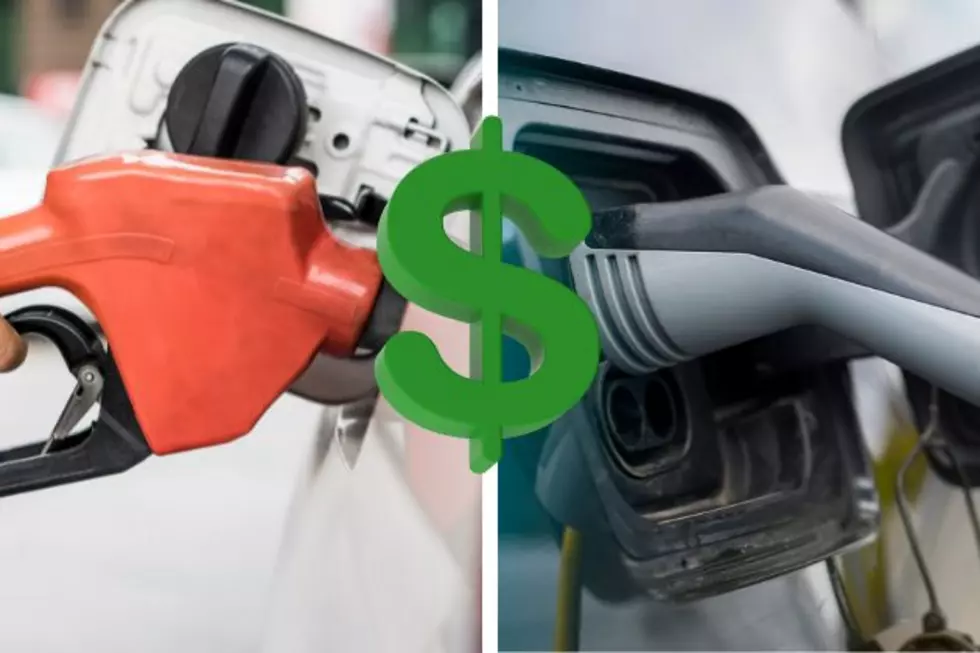
Lawmakers Defy Murphy — No Millionaires’ Tax in This Budget
State lawmakers introduced and immediately advanced a modified version of the 2020 state budget sought by Gov. Phil Murphy Monday – spending slightly more than the governor had proposed and without the millionaires' tax.
The budget appropriates $38.7 billion, which is $142 million more than Murphy sought in February, though $151 million less than Murphy’s revised blueprint described by the state treasurer in May.
The budget nixes Murphy’s plans to raise taxes and fees on prepaid cell phones, opioids companies, firearms, ammunition, bear hunters and large businesses that don’t provide health coverage to workers. It raises an assessment on HMOs, assumes an extra $100 million in corporate taxes from the repatriation of overseas profits and counts on an extra $175 million in revenue by changing assumptions about how many tax credits businesses will use in the coming year.
Murphy will discuss the budget in a Tuesday afternoon news conference. In a statement Monday, he said the Legislature’s budget “share many similar priorities” with his initial plan but “falls short on the principle of tax fairness.”
“It leaves us without the stable and sustainable revenues to secure the investments we seek to make in our people and our state,” Murphy said. “It makes unnecessary cuts to valuable programs while increasing spending on non-vital ones and eliminates our first deposit in a decade into the state’s empty Rainy Day Fund, leaving New Jerseyans less prepared for an economic downtown. So, at this point, as I have stated again and again, every option is on the table.”
The bill advanced in a party-line vote in the Senate and Assembly budget committees, with Democrats in favor and Republicans either opposed or voting to abstain.
“This is a Democrat budget,” said Assemblyman John Burzichelli, D-Gloucester. “All returning to the governor with absence of broad-based tax increases and a larger surplus than the governor’s document he submitted to this Legislature when he gave his address at the beginning of the year.”
“I didn’t expect this to be a more expensive budget than first delivered to us by the governor,” said Assemblyman John DiMaio, R-Warren.
The budget increases spending on around 80 line items in the budget, many of them grants added by the Legislature.
They include an extra $50 million for NJ Transit operations, an extra $50 million for extraordinary special education, $48 million for grants to study and implement shared services and school district consolidation, another $23 million to double the veterans’ deduction on income taxes, an extra $18 million toward freezing seniors’ property tax bills, $10 million more for cities and towns with troubled budgets, $5 million for Cooper University Hospital, $4 million for urban parks and an extra $3 million for food banks.
“There are those out there who may criticize for some additional legislative spending, but don’t get caught up in that,” said Sen. Paul Sarlo, D-Bergen. “I mean, there are those who will criticize. But I think we should walk away from the following: There’s no new broad-based taxes in this bill.”
More From WPG Talk Radio 95.5 FM










